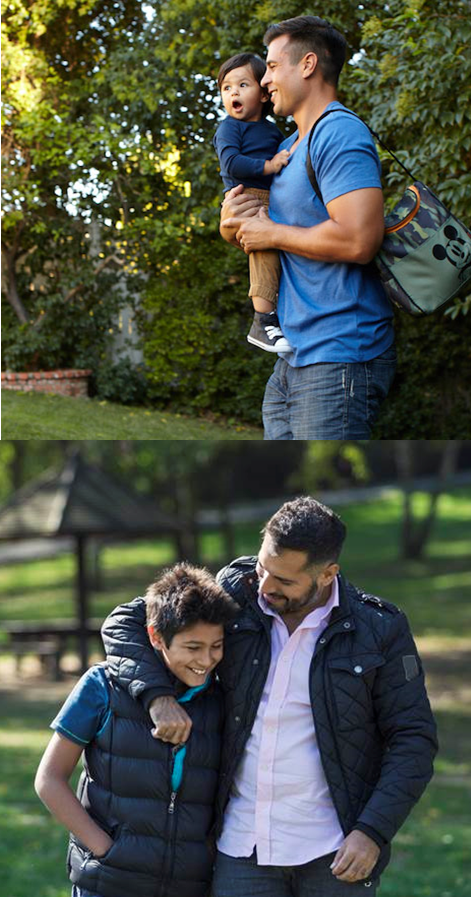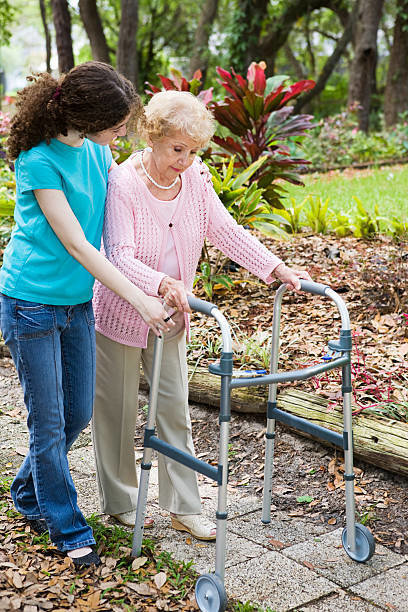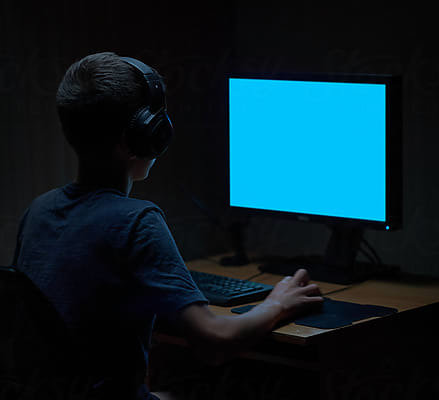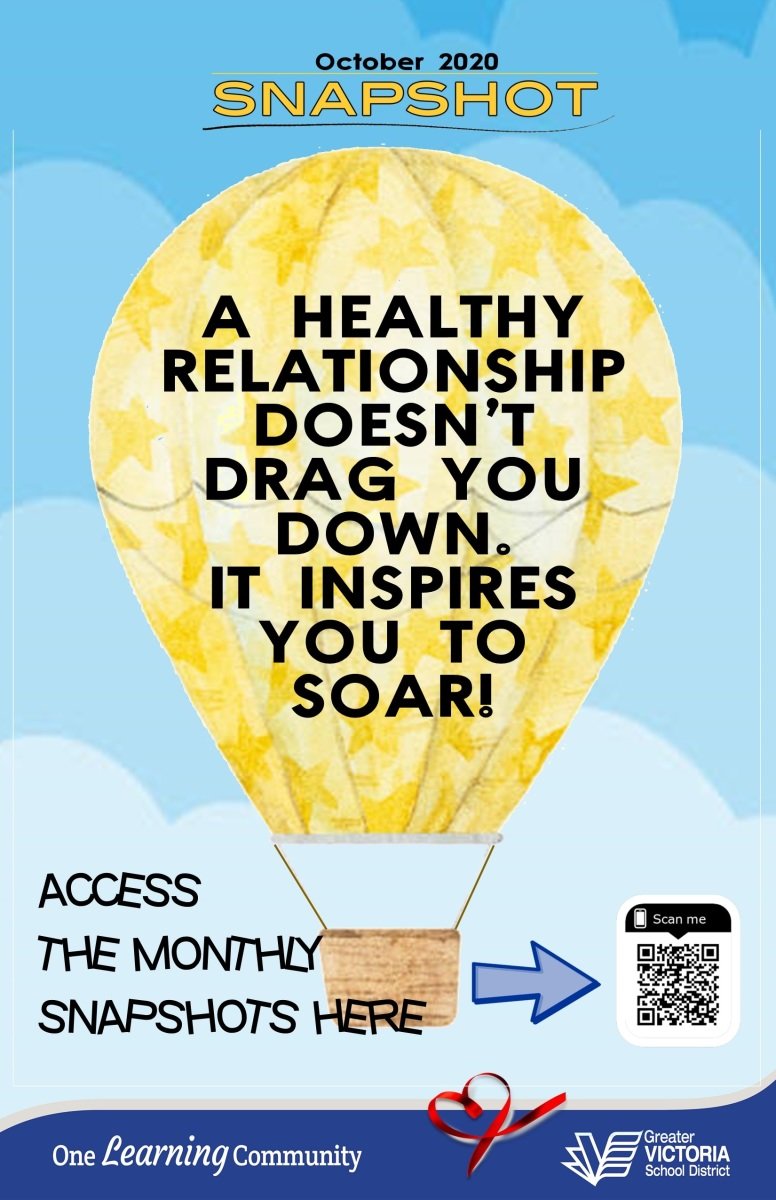
|
October 2020
Secondary Snapshot
Connection and Relationship

|
|
|
|
|

|
Our job as parents is to meet our kids' emotional needs at each stage of their development so they can advance to the demands of the next stage.
It’s appropriate for kids to become increasingly independent throughout their teen years. But it’s critical, for most of those years, for parents to remain their teen’s emotional and moral compass. Kids will begin to experiment with intimate relationships outside the family, but to do that successfully, they still rely on those intimate relationships at home remaining solid.
Too often, in our culture, we let teenagers transfer their dependency outside the family (generally to peers). They give up a great deal of themselves in pursuit of the closeness they crave, only to realize that other teens aren’t developmentally able to offer them what they need.
|
|
|
|
2018 Adolescent Health Survey The Adolescent Health Survey - South Vancouver Island Report identified trends in our community for youth. The following data gives a snapshot of youth and their experiences with connection and relationships. For more detailed information, please visit
McCreary Centre Society
|
| |
|
|
Living Situations Youth in 2018 were more likely than in previous years to be living in households with parents, siblings, and grandparents.
18% of local youth had care taking responsibilities for a relative (such as a disabled relative or younger sibling).
Over a quarter of students had moved from one home to another in the past year, including 5% who moved three or more times.
9% of local youth had run away from home in the past year, and 6% had been kicked out.
|

|
| |
|
Deprivation The more items local youth lacked, the more likely they were to wish for a different life.
Also the more items youth felt deprived of, the less likely they were to feel connected to their school or community, and the more likely they were to report poorer mental health and poorer overall health and well-being.
|
|
|
|
|

| Connection to Family, School and Community Generally, South Vancouver Island youth felt connected to their families, but they were more likely to feel respected by their families than understood by them.
73% had parents who monitored their free time, while 11% had parents who rarely or never knew what they were doing in their free time.
|
|
|
|
38% reported that their parents rarely or never monitored their time online.
72% turned to a family member for help in the past year and 94% found the support helpful.
|
| |
|
79% of South Vancouver Island youth felt that school staff expected them to do well, 72% said they were treated fairly by school staff, 70% said their teachers cared about them, 61% were happy to be at school, 60% felt they were part of their school and 54% felt that school staff other than teachers cared about them.
The majority of local students felt safe at school and were more likely to feel safe at school than their peers across BC.
Non-binary youth were the least likely to feel safe at school (50%* vs. a little under 80% of males and females) | Similar to their peers across BC, 42% of local students felt quite a bit or very much connected to their community.
Most students felt there was an adult in their neighbourhood or community—outside their family or school—who really cared about them.
The majority of students often or always felt safe in their neighbourhood in the daytime and at night. Local youth were more likely to feel safe in their neighbourhood at night than youth across BC (71% vs. 65%provincially).
46% of local youth felt connected to the land they lived on and to nature.
|
|
|
|
|

| Overall Health
Youth reported better overall health and mental health if they:
Got sufficient sleep, exercise, ate healthily
Got sufficient time to do the things they wanted to on their own
Went offline when they went to bed
Felt connected to their family, school and community
Had an adult inside and/or outside their family that they could turn to for help when they were having a serious problem
Could identify an adult outside their family or school who cared about them
Had friends with healthy attitudes towards health risk behaviours
Felt safe in their neighbourhood and at school
|
|
|
|
|
Be honest and open.
Research shows that the more open and honest caregivers are with their child, the more communication there will be.
Parents need to be clear about their own biases and how it may affect their attitudes and beliefs when discussing sensitive subjects with youth.
Monitor and supervise teen's activities with parental sensitivity.
Parent supervision is recognized as a key factor that can moderate adolescent at risk behaviour. Monitoring must be balanced with sensitivity so as not to become over-intrusive and unnecessarily invasive.
|
Be authoritative not authoritarian in parenting style.
An authoritative parenting style involves a combination of warmth and firmness.
Set high standards and have high expectations for teens regarding their behaviour, and enforce these standards with consistent discipline.
Caregivers should also provide an atmosphere of acceptance and autonomy where the teen's views and individuality can develop freely.
|
Think "harm reduction," not zero tolerance.
When it comes to a teens' experimentation with adult privileges (substance use, sex, romance, etc.) it is unrealistic to assume that they will not experiment.
Adults who try and enforce absolutes are often in conflict with their teens and most often are kept in the dark about their activities. The alternative is to discuss choices and the pros and cons of these new-found opportunities in a non-threatening manner, and obtain their understanding in advance of consequences for breach of trust.
|
|
|

|
Accentuate the Positive.
Try to initiate positive communication whenever the opportunity arises.
Actively attempt to build in genuine positive interactions throughout the day or week so that youth can differentiate between concerns about behavior and care for their person.
|
|
|
|
|
In a talk about understanding and practicing the art of healthy relationships, Katie Hood reveals the five signs that someone might be in an unhealthy relationship -- with a romantic partner, a friend, a family member -- and shares the things people can do every day to love with respect, kindness and joy. "While love is an instinct and an emotion, the ability to love better is a skill we can all build and improve on over time," she says.
|
|
|
|
|
|
|
|
 |
October secondary poster is distributed to all high schools to post for their students viewing.
|
| |
|
|
|